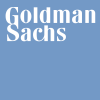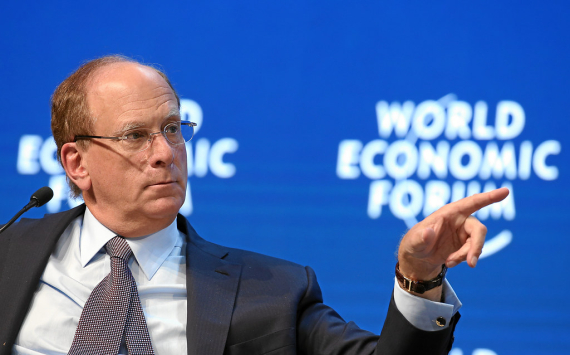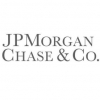
Hitting stocks
According to Goldman Sachs, a stock market crash would likely require a sharp rise in rates The S&P 500 index has fallen 5 per cent from its all-time high as inflation and potential Fed policy changes have awakened investors to the idea that easy money could be coming to an end. "We continue to believe that the speed and composition of rate moves will matter more to equities in the short term than the level of rates," wrote the Goldman Sachs strategist group, led by Ryan Hammond. "Equities remain attractive relative to interest rate levels."
Without any change to the S&P 500's price-to-earnings ratio, 10-year bond yields would have to rise from their current level of around 1.5% to more than 2.3% for their relative cost of capital to be higher than their long-term averages. The benchmark 10-year bond yields rose by 26 basis points from 1.28% to 1.54% since 14 September, as investors began to assess the possibility that the Federal Reserve would begin tapering its asset purchases before the end of the term and raise interest rates soon. as next year amid concerns about inflation. At the same time, the real yield on 10-year inflation-adjusted treasuries rose by 20 basis points from -1.05% to -0.85%. Goldman strategists say investors should pay close attention to the latter.
Ryan Hammond said: "Stocks typically struggle to cope with a sharp rise in interest rates triggered by real rates."
Goldman strategists said the current moves, while less dramatic than the rate changes earlier this year, are focused on Fed policy rather than improving the economy, which has made the S&P 500 more vulnerable. That and the fact that the information technology and communication services sectors now account for 40% of the S&P 500's market capitalisation.
Such growth stocks have already begun to underperform and Goldman says that short-term securities will perform better in the short term, although not as strongly as earlier this year on the back of a less favourable economy.
"While we still expect short-term equities to do better in the short term if rates continue to rise, our overall macroeconomic outlook of low rates and a low economic growth trend supports maintaining a long-term position in high quality equities for growth in the sector," strategists at Goldman Sachs said.










































